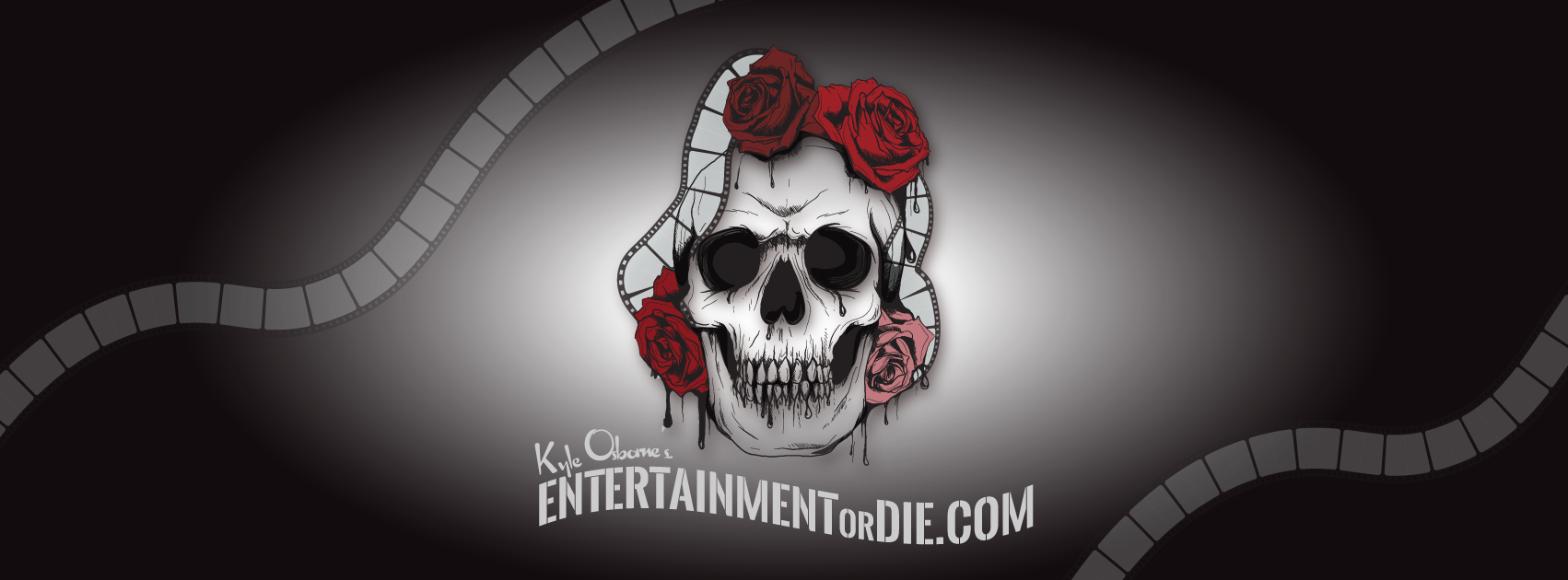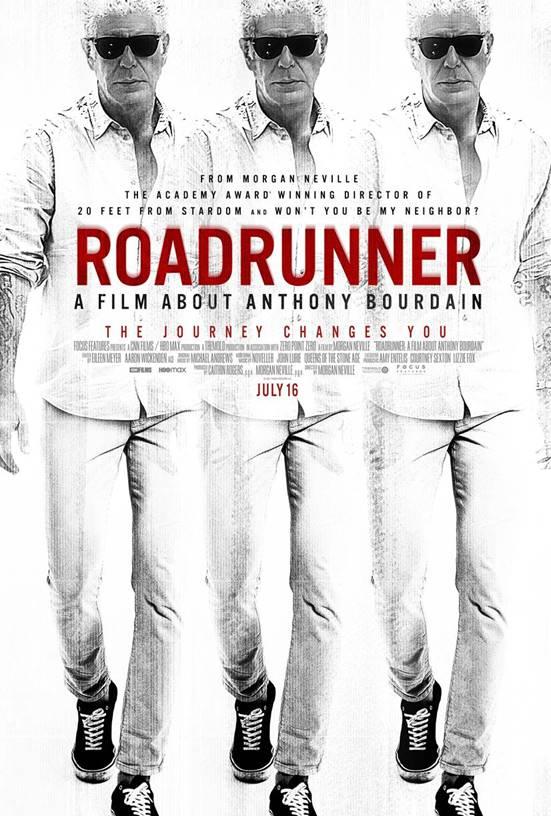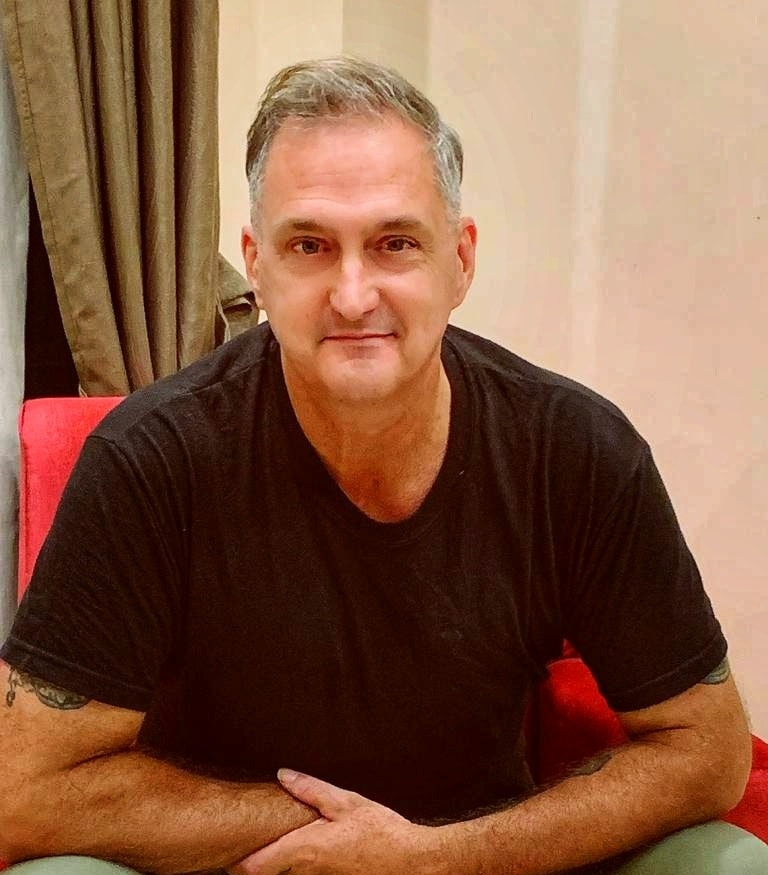“It’s not where you go. It’s what you leave behind” Anthony Bourdain
To say that one has “mixed emotions” about a film is to hint at some negatives, but anytime a filmmaker can elicit any emotions from a viewer, you have to count that as a win. Directed by Academy Award® winner Morgan Neville, this documentary shows us some interesting facets of the complex man in question, but also leaves us with unanswered questions – we wanted more from under Bourdain’s skin, but Neville does manage to punch us in the feels, too.
The celebrity Chef’s bestselling memoir/expose, Kitchen Confidential, rocketed him to the bestseller list and onto to countless talk shows, where it became obvious that this tattooed, chain-smoking former heroin addict had charisma to burn as a television persona. Inevitably, he became a worldwide TV star as the host of No Reservations and Parts Unknown, always up for the next dare – would he eat a still beating Cobra heart? Yes. Yes, he would.
But he would also, through his innate empathy and curiosity, give viewers a profound understanding of different people and cultures and, really, humanity of the earth’s citizens. A famous quote of his speaks volumes: “Context and memory play powerful roles in all the truly great meals in one’s life.”
Seeing clips, bloopers and a bit of his early days as a New York Chef who spilled backstage secrets of the restaurant world is fun and bittersweet, though not always riveting. Let’s face it, Bourdain may have been a newcomer to TV and a casual guy not prone to overly self-censoring, but he definitely knew he was on camera for virtually all of that footage. Because of that fact, we have amazing scenes, but also, potentially, just the top, extremely scarred layers of Bourdain exposed.
The doc is helped in this area by including informative, emotional sound bites from people who had become very close to him as fellow road warriors: producers, directors and cameramen, as well as his second wife (and mother of his only child). Through their laughter and tears and trembling chins, we learn that he lived and loved large. He did feel things deeply, he was insecure. Were these the reasons why he took his life in 2018 at the age of 63? Hard to say, the prolific writer didn’t leave a note.
It isn’t a completely fawning view – some of those aforementioned friends also point out that he could me casually cruel and a temperamental pain in the ass. Yet, I feel like those involved in this film loved him maybe too much to really talk much about his darker side. But that never, at any point, made me less than interested in what would come next.
Mixed emotions: anger, sadness, admiration, curiosity, frustration, joy. Those are some of the feelings you’ll have toward Bourdain, as well as Morgan Neville. In these days of documentaries that run 8 episodes long, two hours of Roadrunner felt like not enough, yet totally worth watching.
‘Roadrunner: A Film About Anthony Bourdain’ now in theaters and streaming.
Post Script: I once met Bourdain at the TV station where I worked. He was on his first book tour and wasn’t the huge celebrity yet. He was just chilling in the lobby, waiting to go on. I used to stop by and say hello and chat up the guests between weather forecasts that I did for that show. He was very cool – started talking about something that I don’t recall, but had nothing to do about himself or his book. He was probably asking me something about myself. Looking back, I realize that that’s what made him great at his TV show- he was always asking questions of others.
Also, the director of this film used AI, a software program, to recreate Bourdain for some of the voice overs. I have been dragged kicking and screaming into the new ethics of documentary filmmaking, and I made complaints about that here. In this case, I will take the director at his word that he only used this device to recreate things Bourdain had actually said or written himself.


